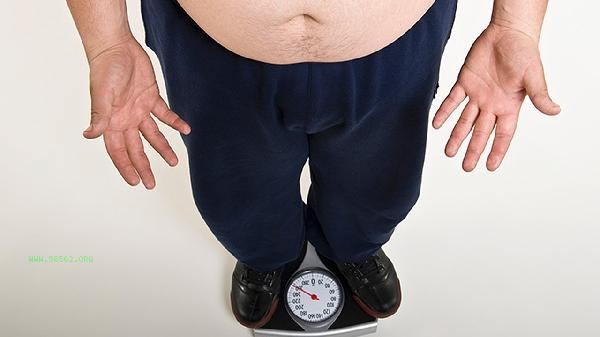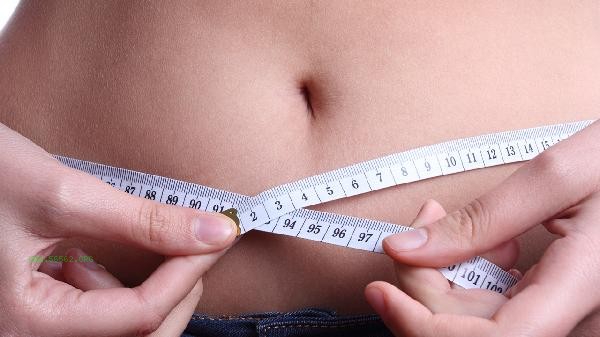Dieting to lose weight may lead to yellow urine color, mainly related to insufficient water intake, concentration of metabolic products, excessive excretion of vitamin B family, increased ketone body production, and increased burden on liver function.

1. Insufficient water intake: When strictly controlling diet, it is easy to neglect hydration. Drinking less than 1500 milliliters of water per day can lead to concentrated urine. The concentration of urea and electrolytes in urine increases, causing the color to darken and turn amber. It is recommended to maintain a water intake of 30 milliliters per kilogram of body weight during weight loss, and observe that the urine color should be light yellow or transparent.
2. Concentration of metabolites:
A low carbohydrate diet accelerates fat breakdown, producing a large amount of metabolic end products that need to be excreted through the kidneys. When dehydration occurs simultaneously, the concentration of waste such as creatinine and uric acid increases, which may cause urine to appear dark yellow. This situation is particularly evident in the early stages of a ketogenic diet.
3. Vitamin B excretion:
Some weight loss individuals may excessively supplement with complex vitamins, and the unabsorbed portion of water-soluble vitamin B2 riboflavin will be excreted through urine. The substance itself is fluorescent yellow, and a single intake of more than 1.7 milligrams can cause significant discoloration of urine, usually returning to normal color after 6-8 hours.

4. Increased ketone body production:
Long term fasting or extremely low calorie diet can promote the liver to produce ketone bodies, among which acetoacetic acid and beta hydroxybutyric acid carry more minerals when excreted through the kidneys. This acidic metabolic environment oxidizes urobilinogen to urobilin, presenting a deep orange yellow color accompanied by a special odor.
5. Increased burden on liver function:
Sudden reduction in calorie intake may affect liver detoxification function, and abnormal bilirubin metabolism can increase the content of conjugated bilirubin in urine. If accompanied by skin itching or clay colored feces, be alert to pathological jaundice, where urine appears dark brown rather than pure deep yellow. During weight loss, if there is a change in urine color, priority should be given to adjusting drinking habits. Drink 2000-2500 milliliters of warm water in portions per day to avoid excessive drinking at once, which can increase the burden on the kidneys. You can increase the intake of diuretic foods such as cucumber and winter melon in moderation, and reduce the amount of vitamin B supplements. If the dark yellow urine continues after 3 days of adjustment, or accompanied by foam urine, low back pain and other symptoms, routine urine and liver function tests are required. Timely supplement with diluted salt water containing electrolytes after exercise to avoid prolonged outdoor activities in high temperature environments that worsen dehydration. When lactating women and diabetes patients adopt diet to lose weight, it is more necessary to closely monitor the urine color and body reaction.





Comments (0)
Leave a Comment
No comments yet
Be the first to share your thoughts!